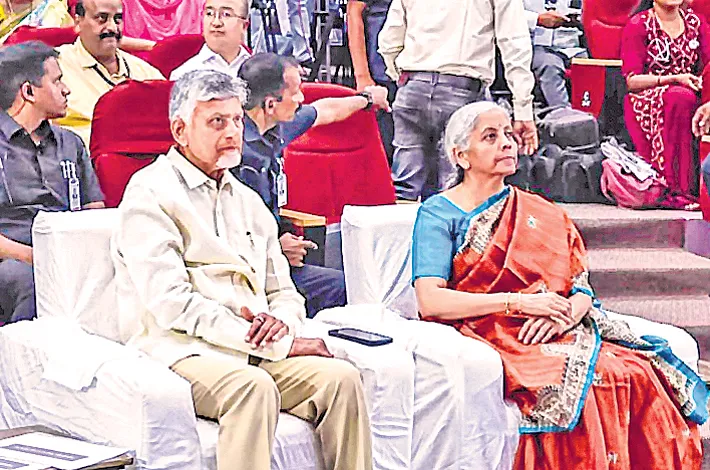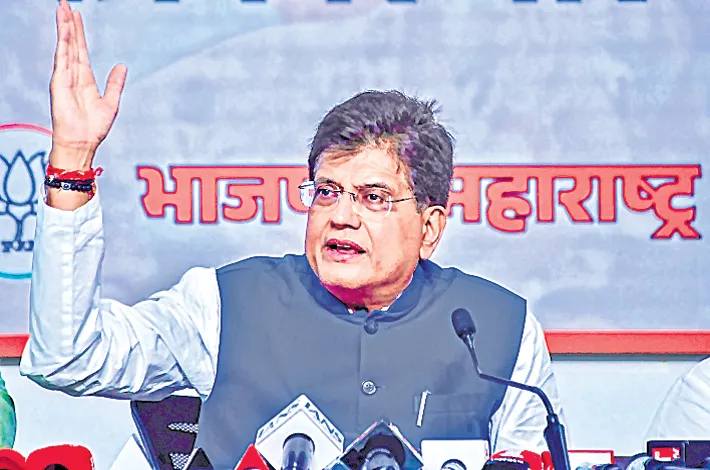Murder in the ancient Varanasi Temple
24-08-2025 12:00:00 AM

The ancient Shiva temple in Varanasi stood bathed in the golden hues of dawn, its spire piercing the sky above the Ganges. The air was thick with the scent of sandalwood and marigold, mingled with the faint tang of river water. Devotees shuffled through the narrow lanes of Kashi, their chants blending with the tolling of bells. Inside the temple’s sanctum, however, a chilling silence prevailed. Beneath the flickering oil lamps, Pandit Vishwanath Sharma lay sprawled across the stone floor, his white dhoti stained crimson, a ritual dagger plunged into his chest.
Inspector Arjun Rathore stood at the crime scene, his sharp eyes scanning the sanctum. A seasoned officer with the Varanasi Police, Arjun was no stranger to the city’s underbelly, but a murder in the sacred Kedarnath Temple was unprecedented. The pandit’s lifeless face stared upward, frozen in shock. Arjun’s deputy, Sub-Inspector Meena Kumari, crouched beside the body, her gloved hands carefully examining the dagger. “No fingerprints, sir,” she said, her voice low. “The killer knew what they were doing.”
The temple’s head priest, Swami Dayanand, hovered nervously at the entrance, his saffron robes swaying as he wrung his hands. “This is a desecration!” he whispered. “Pandit Vishwanath was a saint. Who would dare commit such a sin?” Arjun’s gaze flicked to the priest. Dayanand’s anxiety seemed genuine, but Arjun had learned long ago that piety often masked darker truths.
The investigation began swiftly. The temple was cordoned off, much to the dismay of the devotees gathered outside. Arjun interviewed the temple staff first. Lakshmi, the young woman who cleaned the sanctum, was inconsolable. “I saw him last night, saab,” she sobbed. “He was preparing for the midnight aarti. He seemed… worried.” When pressed, she admitted Vishwanath had been arguing with a wealthy merchant, Ramesh Gupta, earlier that day. “Something about money owed to the temple,” she added.
Ramesh Gupta was Varanasi’s textile king, a man whose opulent haveli overlooked the ghats. Arjun and Meena arrived at his doorstep by noon, the summer heat pressing down on them. Gupta, a portly man with a gold chain glinting at his neck, welcomed them with practiced charm. “A terrible loss,” he said, offering them chai. “Pandit Vishwanath was a guiding light.” But Arjun noticed the merchant’s hands tremble slightly as he poured the tea. When questioned about the argument, Gupta’s smile faltered. “A minor disagreement over temple donations,” he said dismissively. “Nothing serious.”
Back at the station, Meena pulled up Gupta’s financial records. “He’s in debt, sir,” she said, pointing to a screen filled with red numbers. “His business is failing, and he’s been siphoning money from the temple’s trust fund. Vishwanath must have found out.” Arjun nodded, his instincts prickling. Gupta had motive, but the ritual dagger suggested something more personal, more symbolic.
That evening, Arjun returned to the temple, now eerily quiet. The sanctum’s walls, etched with ancient Sanskrit verses, seemed to whisper secrets. He noticed a small alcove behind the Shiva lingam, partially hidden by a curtain. Inside, he found a locked wooden box. With Meena’s help, they pried it open, revealing a ledger. Pages detailed illicit transactions—bribes, land deals, and names of prominent citizens, including Gupta. But one name stood out: Anjali Sharma, Vishwanath’s estranged daughter.
Anjali lived in a modest flat in the city’s outskirts, a stark contrast to her father’s revered status. When Arjun and Meena arrived, she was lighting a diya at a small shrine. Her eyes, red from crying, met Arjun’s with defiance. “I hadn’t spoken to my father in years,” she said. “He disowned me when I married against his wishes.” But her alibi was weak—she claimed to have been home alone the previous night. Meena noticed a photo on Anjali’s shelf: a younger Vishwanath holding a ritual dagger, identical to the murder weapon. “It’s a family heirloom,” Anjali said quickly. “I don’t have it anymore.”
As they left, Arjun’s mind raced. Anjali had motive—resentment from years of rejection. Gupta had motive—financial ruin. But the precision of the murder, the choice of weapon, pointed to someone intimate with the temple’s rituals. Back at the station, forensic reports confirmed the dagger was wiped clean, but traces of jasmine oil were found on the handle. “Jasmine oil?” Meena mused. “That’s used in the temple’s daily puja.”
Arjun’s thoughts turned to Swami Dayanand. The priest had access, knowledge, and opportunity. Late that night, he and Meena returned to the temple, finding Dayanand alone in the sanctum, chanting softly. When confronted, the priest’s composure cracked. “I loved Vishwanath like a brother,” he insisted. But under pressure, he revealed a secret: Vishwanath had discovered Dayanand was skimming donations to fund an ashram in Rishikesh. “He threatened to expose me,” Dayanand admitted, his voice breaking. “But I didn’t kill him!”
Arjun wasn’t convinced. He noticed a faint scent of jasmine on Dayanand’s robes. A search of the priest’s quarters revealed a vial of jasmine oil and a cloth stained with blood. Faced with the evidence, Dayanand collapsed, confessing. “I didn’t mean to kill him,” he sobbed. “We argued, and I grabbed the dagger in a moment of rage. I panicked, wiped it clean… I’m so sorry.”
As Dayanand was led away in handcuffs, the temple bells tolled, a mournful sound echoing over the Ganges. Arjun stood at the ghat, watching the river’s ceaseless flow. Justice had been served, but the sanctity of the temple felt forever tainted. Meena joined him, her face grim. “This city,” she said softly, “it hides so many sins.”
Arjun nodded, his eyes on the horizon. “And it’s our job to find them.”








